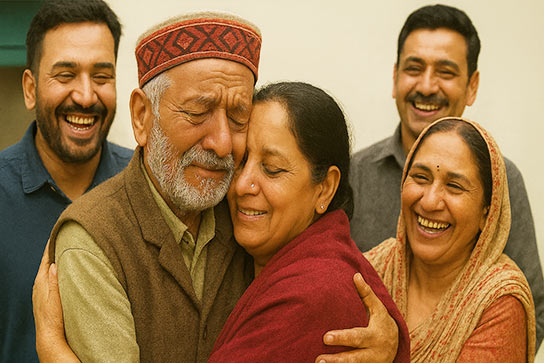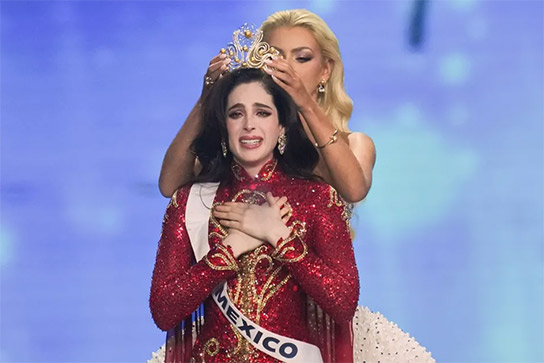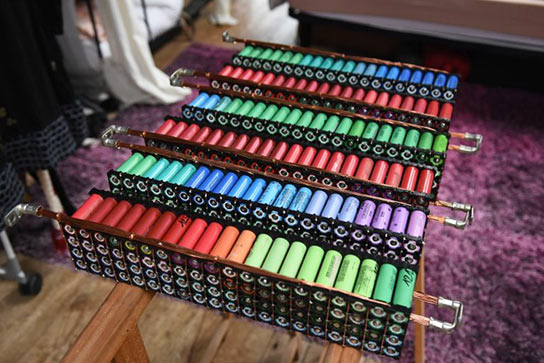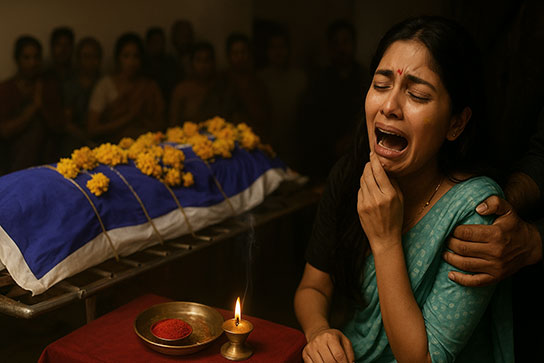Russia this week claimed it has developed its own mRNA-based vaccine to treat cancer, which will be available for free to patients from early 2025, according to state-run news agency TASS.
An mRNA vaccine is a type of vaccine that uses a copy of a molecule called messenger RNA (mRNA) to produce an immune response. Now, Russian scientists say they have developed an mRNA vaccine against cancer, which will be distributed for free to all cancer patients.
This was confirmed by Andrey Kaprin, General Director of the Radiology Medical Research Center of the Russian Ministry of Health, in a statement to Radio Rossiya on December 15, the agency added.
Earlier, Alexander Gintsburg, Director of the Gamaleya National Research Center for Epidemiology and Microbiology told TASS that the cancer vaccine’s pre-clinical trials had shown that it suppresses tumour development and potential metastases.
According to Gintsberg, use of artificial neural networks could bring down the duration of computing required to create a personalised cancer vaccine. The current process is lengthy and using AI could cut this time to "less than an hour", he told TASS on December 9.
"Now it takes quite long to build [personalized vaccines] because computing of how a vaccine, or customized mRNA, should look like uses matrix methods, in mathematical terms. We have involved the Ivannikov Institute which will rely on AI in doing this math, namely neural network computing where these procedures should take about half an hour to an hour," Gintsberg, who is Russia's vaccine chief said.
On training the AI, he added that an experimental base of 40,000 to 50,000 tumour sequences with identification of antigen compatibilities in a patient converted into protein or RNA will be needed. “This would help determine whether or not this combination can be used for the individual," he said.
In June, Russian Health Minister Mikhail Murashko told TASS in an interview that the vaccine was developed jointly by several teams of scientists, representing the Gamaleya National Research Center of Epidemiology and Microbiology, Hertsen Moscow Oncology Research Institute and Blokhin Cancer Research Center. The research "is financed by the state as part of the governmental order," the minister said.
Russia Has Developed Its Own Cancer Vaccine, To Be Distributed Free: Report






